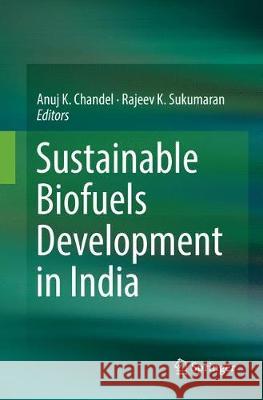Sustainable Biofuels Development in India » książka
topmenu
Sustainable Biofuels Development in India
ISBN-13: 9783319843490 / Angielski / Miękka / 2018 / 557 str.
Kategorie:
Kategorie BISAC:
Wydawca:
Springer
Język:
Angielski
ISBN-13:
9783319843490
Rok wydania:
2018
Wydanie:
Softcover Repri
Ilość stron:
557
Waga:
0.79 kg
Wymiary:
23.39 x 15.6 x 2.97
Oprawa:
Miękka
Wolumenów:
01
Dodatkowe informacje:
Wydanie ilustrowane











